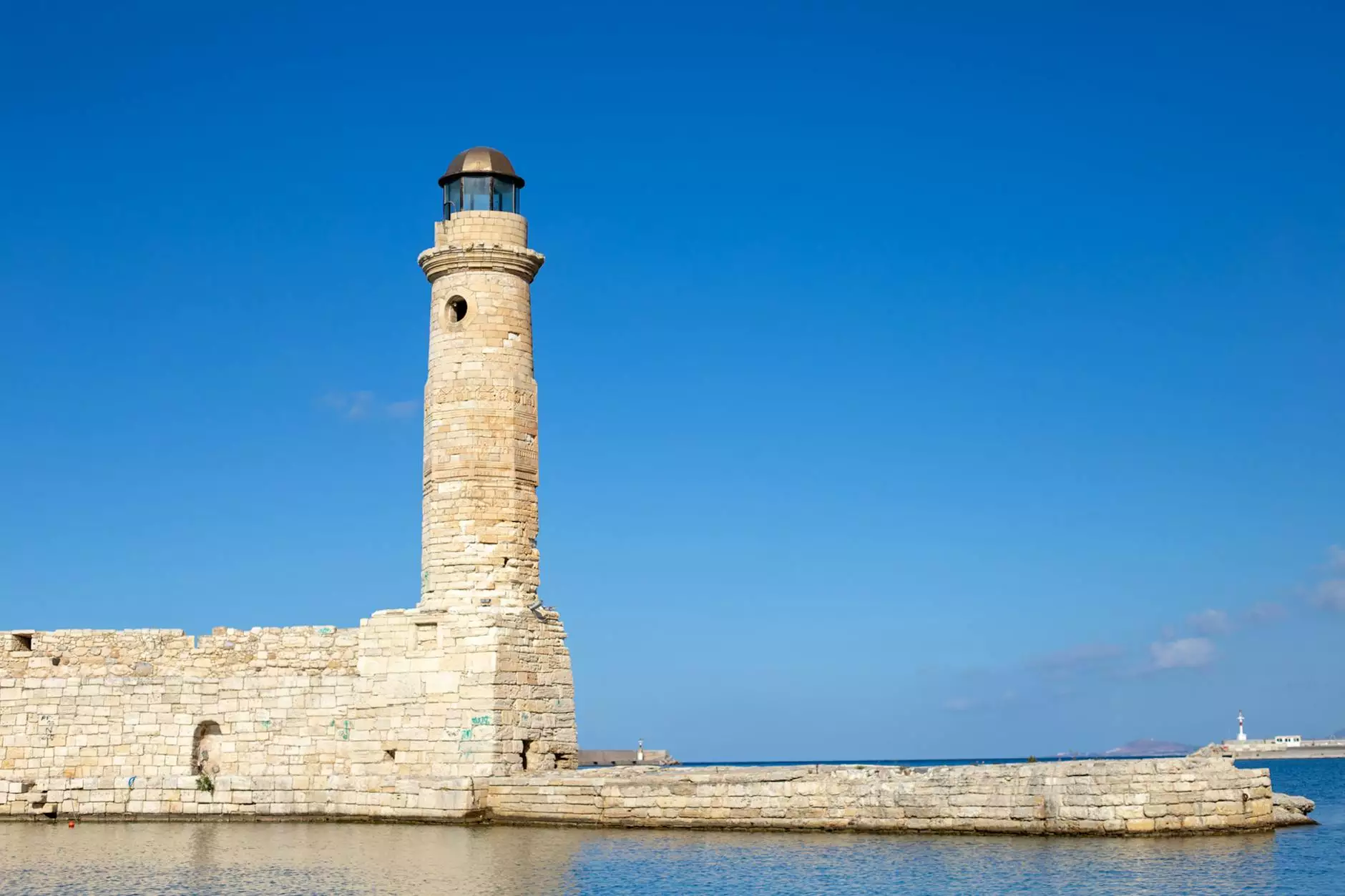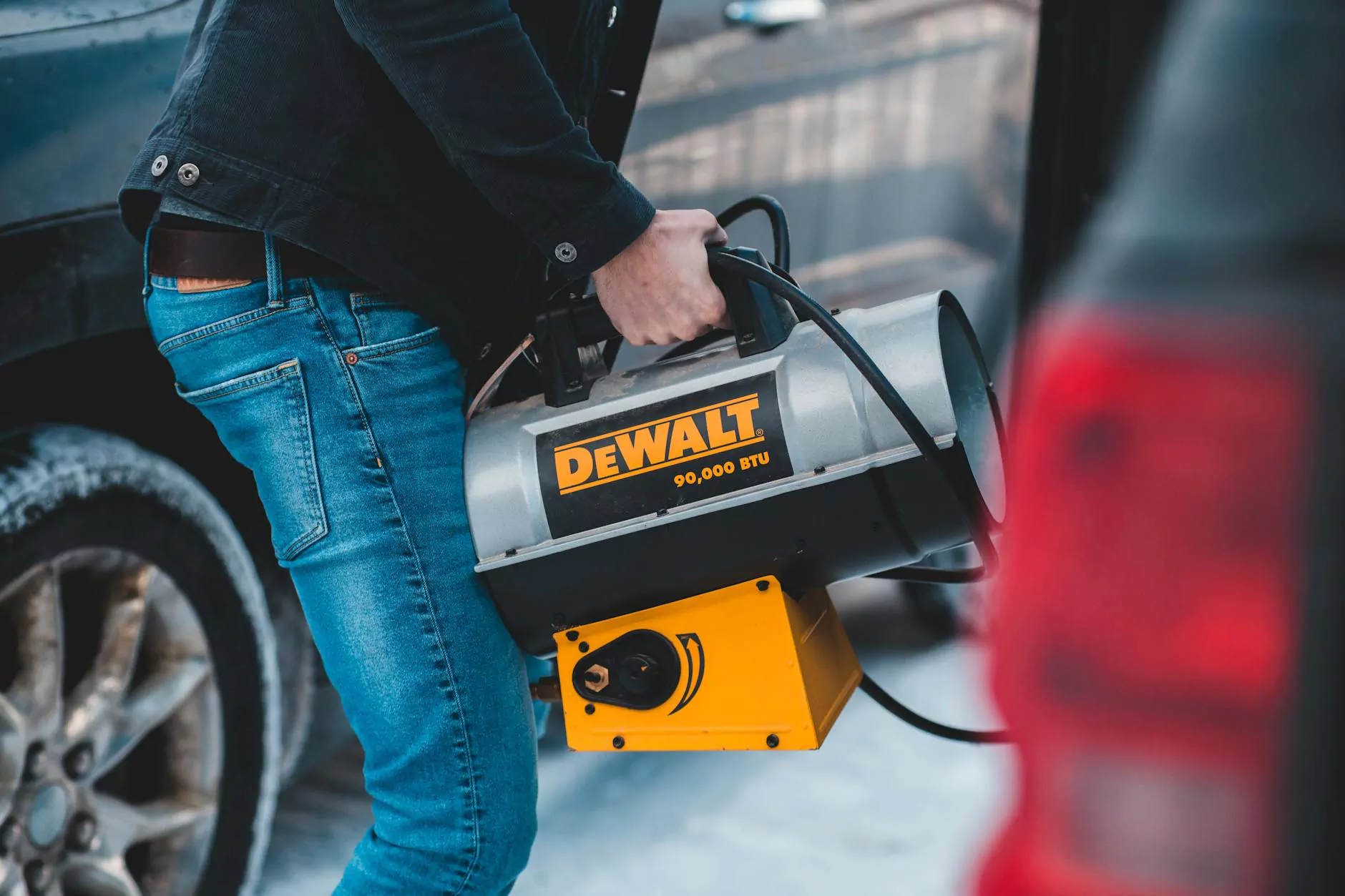The Ultimate Guide to Choosing a Water Cleaner for Your Needs

In today's world, clean water is not just a necessity—it's a fundamental right. With increasing concerns about water quality, particularly in urban and industrial areas, the importance of effective water cleaners cannot be overstated. This comprehensive guide will provide you with valuable information about selecting the right water cleaner, understanding the various purification services available, and choosing reliable water suppliers and stores. By the end of this article, you will be equipped to make informed decisions that will ensure your drinking water is safe, clean, and healthy.
Understanding Water Cleaners
A water cleaner is a device or a system designed to remove impurities and contaminants from water. These could include bacteria, viruses, chemicals, sediments, and heavy metals, which pose health risks. The types of water cleaners vary widely, including but not limited to:
- Reverse Osmosis Systems
- UV Purifiers
- Activated Carbon Filters
- Distillers
- Whole House Filtration Systems
How Do Water Cleaners Work?
Understanding how different types of water cleaners operate can help you choose the right one for your needs. Here's a breakdown of some popular types:
1. Reverse Osmosis Systems
Reverse osmosis (RO) systems use a semipermeable membrane to remove contaminants from water. During the process, water is forced through the membrane, leaving impurities behind. This technology is effective for reducing a wide range of contaminants, including heavy metals, chlorine, and even dissolved solids.
2. UV Purifiers
Ultraviolet (UV) purifiers use UV light to kill bacteria, viruses, and other microorganisms. The exposure to UV light disrupts the DNA of these pathogens, rendering them inactive and unable to reproduce. UV purification is particularly effective for ensuring microbiological safety but does not remove chemical contaminants.
3. Activated Carbon Filters
Activated carbon filters are widely known for their ability to improve the taste and odor of water. The porous material adsorbs a range of organic compounds, chlorine, and certain heavy metals, making it an effective option for many household applications. However, it's important to note that they may not remove all contaminants, particularly dissolved solids.
4. Water Distillers
Water distillation involves boiling water to produce steam, which is then cooled and condensed back into liquid form. This process effectively removes a wide array of impurities, including heavy metals, minerals, and contaminants that have higher boiling points than water. However, the process can be slow and requires a power source.
h4>5. Whole House Filtration SystemsThese systems treat all the water entering a home, providing clean water for drinking as well as for bathing and cooking. They can utilize different filtration methods in combination to address various contaminants depending on the water source quality.
Choosing the Right Water Cleaner for Your Needs
Selecting the right water cleaner depends on several factors, including your water source, the specific contaminants you need to address, and your budget. Here are some key considerations to help guide your decision:
1. Test Your Water Quality
The first step is to understand the quality of the water you’re using. You can conduct a water quality test to identify any contaminants present. Test kits are available for home use, or you can opt to hire a professional service. Knowing what's in your water is crucial for making an informed choice on purification methods.
2. Understand Your Needs
Consider what you primarily need purified water for. Is it for drinking, cooking, or bathing? Different systems may target specific contaminants more effectively than others. For example, if you mainly want to ensure safe drinking water, a reverse osmosis system or a UV purifier may be ideal.
3. Evaluate System Costs
Different systems come with various price tags. Consider both the initial investment and ongoing maintenance costs. Some water cleaners require frequent filter replacements or maintenance, which can add up over time. It’s important to think about the long-term costs associated with your chosen solution.
Water Purification Services
Many companies offer professional water purification services, providing a more comprehensive solution tailored to your specific needs. Here are the main services commonly available:
1. Installation Services
Professional installation is crucial, especially for complex systems like whole-house filters or reverse osmosis setups. Experts ensure that the system is installed correctly and operating efficiently, which can significantly enhance performance.
2. Maintenance and Repair
Regular maintenance is vital to ensure your water cleaner operates efficiently. This may involve changing filters, sanitizing the system, and troubleshooting any issues that arise. Many service providers offer subscription plans for ongoing maintenance, providing peace of mind that your water remains clean.
3. Emergency Services
Some businesses offer emergency services for unexpected water quality issues. If you suspect contamination or if your water cleaner fails, having a reliable service on hand can prevent health issues and restore your safe drinking water quickly.
Finding Reliable Water Suppliers
Once you have a water cleaner installed, you may find that you also need a reliable water supplier in your area. Whether you need distilled water, bottled water, or water for your purification system, ensuring quality and safety is paramount. Here are some tips for selecting a trustworthy supplier:
1. Research Local Suppliers
Start by researching water suppliers in your area. Look for companies that prioritize quality and safety. Many suppliers will provide information about their water sourcing and purification processes on their websites, giving you insight into their practices.
2. Check Certifications
Verify that the supplier is compliant with local and national health regulations. Certifications from health departments or other regulatory bodies can help ensure the safety of the water being provided.
3. Read Reviews and Testimonials
Online reviews and customer testimonials are a valuable resource. They can give you an idea of other customers’ experiences, particularly regarding water quality, delivery service, and customer support.
Water Stores: Your Local Resources for Quality Water Cleaners
Local water stores can be great resources when searching for water purification products and services. These stores often carry a range of water cleaners, filters, and bottled water options. Here's how to make the most of your visits:
1. Expert Advice
Staff at water stores are typically knowledgeable about different water cleaning technologies and can guide you in selecting the best product for your specific needs. Don't hesitate to ask questions!
2. Product Variety
Many water stores provide an array of products from various brands, enabling you to compare systems and pricing conveniently. This selection might allow you to find a high-quality water cleaner that fits your budget.
3. Educational Resources
In addition to products, many water stores offer educational materials and workshops on water quality and cleaning technologies. These resources can deepen your understanding and help you maintain your water cleaner effectively.
Conclusion
Access to clean and safe drinking water is essential for a healthy lifestyle. Investing in a quality water cleaner is a critical step in ensuring your water meets the highest safety standards. By understanding the different types of water cleaners, evaluating your specific needs, and considering the role of professional services and suppliers, you can make informed choices that benefit your health and well-being.
Explore the options available through businesses like bimakskimya.com.tr for reliable water purification services, quality water supplies, and expert guidance in your quest for the best water cleaning solutions.
Take Action for Cleaner Water
The journey to cleaner water starts with your willingness to improve your water quality. Whether you decide to install a system, trust in a supplier, or explore local water stores, remember that every step you take leads to healthier choices.









